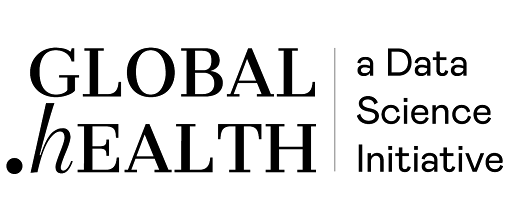Infectious disease threats to individual and public health are numerous, varied and frequently unexpected. Artificial intelligence (AI) and related technologies, which are already supporting human decision making in economics, medicine and social science, have the potential to transform the scope and power of infectious disease epidemiology. Here we consider the application to infectious disease modelling of AI systems that combine machine learning, computational statistics, information retrieval and data science. We first outline how recent advances in AI can accelerate breakthroughs in answering key epidemiological questions and we discuss specific AI methods that can be applied to routinely collected infectious disease surveillance data. Second, we elaborate on the social context of AI for infectious disease epidemiology, including issues such as explainability, safety, accountability and ethics. Finally, we summarize some limitations of AI applications in this field and provide recommendations for how infectious disease epidemiology can harness most effectively current and future developments in AI.
Image source: warm data, beachmobjellies, flickr, CC BY-SA 2.0 (as of 8/19/2025), No Changes


